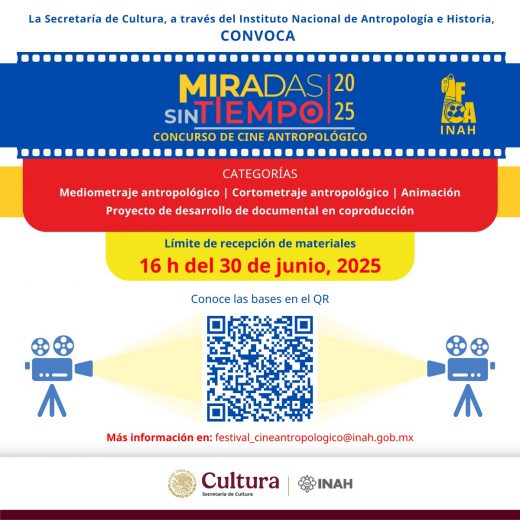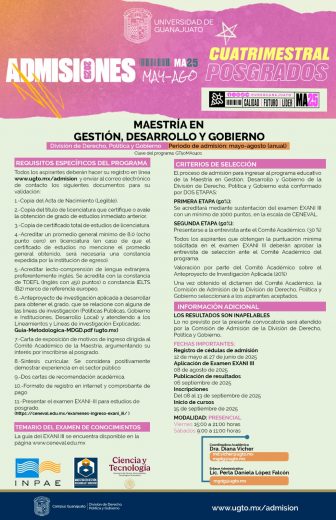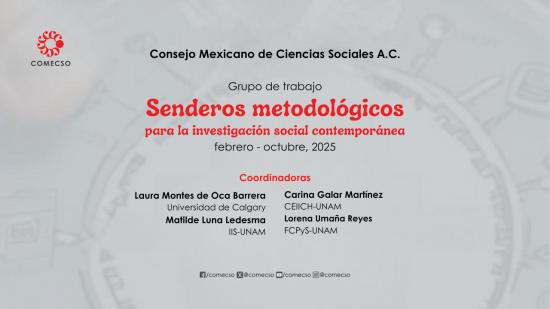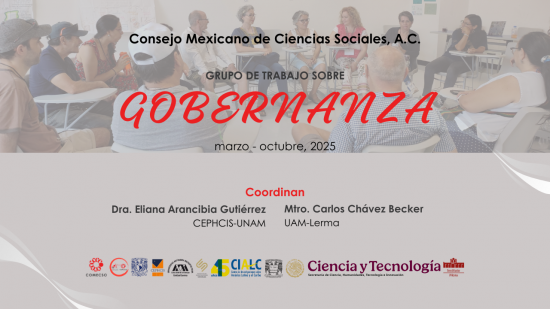The consequences between media and movements
Connecting Social Movement Studies and Political Participation Research
Endorsed by the ECPR Standing Group on Participation and Mobilisation
Abstract
This Section aims to bring together Panels around current issues in the study of political participation and social movements. As various scholars have noted, political participation continues to expand and social movements have an ever expanding topical and geographical impact. To continue the advancement of the study into both these important areas, this Section aims to attract a diverse range of Panels that cover the state of the art in both areas.
We call for Panels which reflect both the more established core interests in the study of political participation and social movements, and more recent or emerging areas of academic enquiry. Core topics include pathways to participation, resources, contextual determinants and the study of consequences of movements and participation. Emerging topics include individualization, non-participation, and the changing role of media.
This Section aims in particular to bring the literature on political participation and social movements closer together. While the two issues are clearly distinct, they are also related. Political participation often takes place within a movement context, and many key social movement activities can be classified as political participation. It is therefore quite remarkable that the literatures dealing with these issues are often so disconnected – especially when we consider what we could learn from bringing the two closer together.
The Section Chairs and several colleagues already propose to chair six Panels in line with She section’s aims, as outlined below. With this Call for Panels we hope to attract two more Panels to accommodate traditionally high interest in participation and mobilization themes at ECPR General Conferences.
Panels:
1) The contextual determinants of social movements and political participation
Chair: Joost de Moor – Keele University
As one of the most established approaches to the explanation of social movements, the political opportunity structure approach has more recently become more dominant in political participation literature as well. What can practitioners of this approach working on participation or mobilization learn from each other, and how can their findings be brought together? Do explanations of individual level participation work for movements as well, or are distinct approaches required? This Panel welcomes Papers that look at contextual and material explanation for movements and participation, and especially those that compare insights from both literatures.
2) Non-participation and social movements
Chair: Felix Butzlaff – Vienna University for Economics and Business
Frustrated expectations, disaffection and alienation from established pathways of political participation have often been identified as the driving forces of abstention from political participation while movement participation at the same time has been described to address those grievances in positive and mobilizing ways. This Panel invites Papers that investigate the relationship between disaffection, alienation, non-participation and social movement participation.
3) Heuristic and methodological challenges of understanding large protest events
Chairs: Simon Teune and Peter Ullrich – TU Berlin
Large protest events such as summit mobilizations are complex to study. Scholars are confronted with a plethora of heterogeneous actor groups holding specific strategic orientations. These groups encourage or discourage specific forms of action and they interact in ways that are shaped by previous conflicts. Interactions are entangled with processes of interpretation taking place in arenas as different as affinity group meetings, social media posts, and television news. This complex array is challenging. It forces scholars to make pragmatic choices that shape the academic image of protest events. The Panel invites contributions that tackle the heuristic and methodological challenges of large protest events.
4) From social movement participation to informal (political) participation and vice-versa?
Chairs: Laurence Bherer and Pascale Dufour – Université de Montréal
People are increasingly engaging in informal forms of political participation, characterized by a low level of coordination, ad hoc forms of organization, and a focus on specific issues outside the realm of institutions and organizations. These informal modes of participation have been termed “individual collective action”. This Panel invites Papers that investigate what the rise of these forms of participation means for more traditional collective action and social movement modes of organization in particular.
5) The consequences of the multifaceted interactions between media and movements.
Chairs: Lorenzo Zamponi and Alice Mattoni – Scuola Normale Superiore
Social movements are deeply connected with a broad range of media technologies, professionals and outlets. In so doing, they rely on a rich repertoire of communication. Acknowledging this multi-faceted relationship between activists and media, the Panel welcomes Papers that investigate how social movements integrate different types of media, media professionals, and media outlets, as well as Papers that interrogate individual forms of mediatized political participation.
Abstracts can be sent to alice.mattoni@sns.it or lorenzo.zamponi@sns.it before February 12th.
https://ecpr.eu/Events/SectionDetails.aspx?SectionID=756&EventID=115
Section Chairs:
Joost de Moor is a Postdoctoral Research Associate at Keele University where he works on prefigurative strategies within social movements. In his previous research, he has integrated qualitative and quantitative research to bring together insights into social movements and political participation. He has paid particular attention to the environmental and climate movement and practice-based activism. He is the Convenor of the Standing Group on Participation and Mobilisation.
Felix Butzlaff is an Assistant Professor at the Vienna University for Economics and Business where he works on changing patterns and understandings of participation within movements and political parties. In his previous research, he has paid particular attention to the implications changing participatory demands have for the mobilizing and integration capacities of citizen initiatives, movements and parties. From January 2018 he will be a member of the steering committee of the Standing Group on Participation and Mobilisation.
Te puede interesar

Publicaciones del COMECSO
Roberto Holguín Carrillo - Ene 08, 2025Este espacio reúne la gran mayoría de la producción editorial de nuestra asociación. A lo largo de casi cinco décadas,…

Concurso de cine antropológico Miradas sin tiempo 2025
Laura Gutiérrez - Abr 08, 2025La Secretaría de Cultura del Gobierno de México y el Instituto Nacional de Antropología (INAH), a través de su Coordinación…

Horizontes de investigación sobre la Inteligencia Artificial desde las Ciencias Sociales
comecso - Abr 08, 2025El Consejo Mexicano de Ciencias Sociales, A.C. Convoca a las personas que deseen participar en el Grupo de Trabajo Horizontes…

Maestría en Gestión, Desarrollo y Gobierno
Laura Gutiérrez - Abr 07, 2025Universidad de Guanajuato, Campus Guanajuato, División de Derecho, Política y Gobierno Maestría Gestión, Desarrollo y Gobierno Requisitos específicos Todos los…










